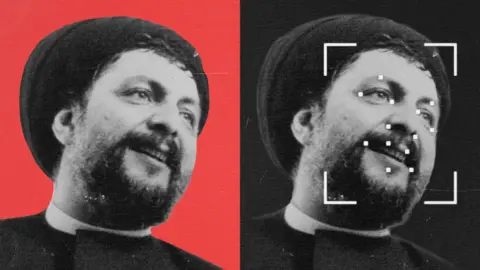Mike Waltz, former national security adviser and nominee for U.S. ambassador to the United Nations, found himself in the hot seat during Senate confirmation hearings as he addressed concerns over a Signal chat leak from March. This incident, which quickly spiraled into chaos and controversy—dubbed "Signalgate"—involved discussions of military strategy with senior officials, including Secretary of Defense Pete Hegseth and Secretary of State Marco Rubio, but unintentionally included journalist Jeffery Goldberg of Atlantic magazine.
Senators, particularly Democrats, pressed Waltz about the implications of using the Signal app, characterizing it as an insecure platform for such sensitive discussions. Senator Chris Coons highlighted the disapproval of sharing crucial military information over a commercially available app. Waltz defended the app's use, claiming that it was authorized and even encouraged by the Cyber Security Infrastructure Security Agency.
Despite a commitment to transparency, Waltz's responses reflected a significant tension between taking responsibility and maintaining that classified information was never disclosed. He reiterated that both the White House and the Department of Defense investigated the matter, asserting that there was no breach as he addressed inquiries regarding the encroachment of journalists into discussions intended for officials only.
Meanwhile, Waltz's Republican supporters largely diverted attention away from the Signal leak, focusing instead on broader discussions about U.S. funding for the United Nations and global diplomacy challenges. They lauded his integrity while he maintained that he supports a thorough review of U.S. contributions to international organizations to ensure fiscal responsibility.
As Waltz navigates this contentious territory, the outcome of his nomination remains uncertain, with expectations for confirmation boosted by Republican majority support in the Senate. His testimony, juxtaposed with ongoing investigations and scrutiny, illustrates the complexities of U.S. foreign policy discussions amid a transitional political landscape.





















